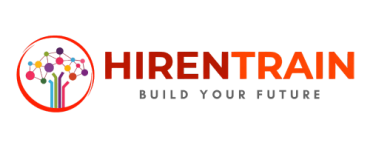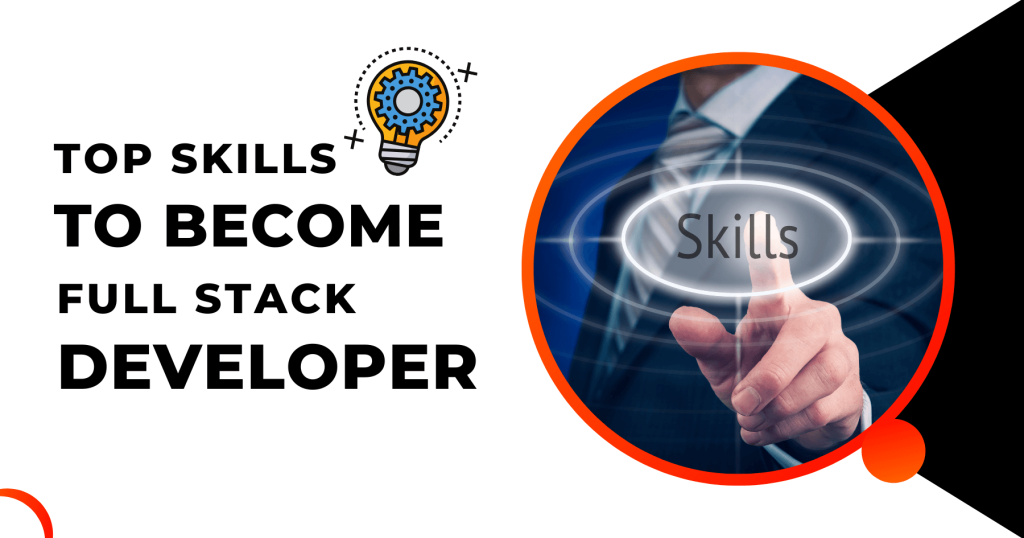
The final year project for IT students plays a very important role in a student’s academic journey. No doubt that IT career in India is really great & evolving. It is an opportunity for them to showcase their knowledge, skills, and creativity and can help them stand out from their peers. During the course of their project, students may face many challenges, such as selecting the right topic, choosing the right project guide, planning their project well, reading existing research papers, publishing a research paper, implementing and testing the project, and making an effective presentation. Very scalable skills are need to be built in the final semester or final year. Making the transition from college to professional life can be a daunting experience.
Table of Contents
ToggleFinal Year IT Student : What To Do Next
As a final year student in the IT or computer science field, you are at the brink of a major IT career for freshers decision—what do you do next? Do you go into software development? Data science? Network engineering? It’s important to understand your options and find the right fit for you before taking the plunge.
There are 6 major things you need to focus on.
1. Final Year Project
After completing your final year in IT or Computer Science, there are a few things you can do to set yourself up for success in your career. Firstly, it is important to gain as much work experience as possible. This can be done through internships, volunteering, or even just working on personal projects. Secondly, it is beneficial to network with professionals in your field and attend industry events. This will help you to keep up with the latest trends and technologies, as well as make valuable connections. Finally, consider pursuing further education or certification in order to stand out from the crowd and advance your career.
2. In-demand IT Skills
As a student in the IT or computer science field, you will be expected to have strong skills in programming, software development, and systems analysis. You should also be able to effectively communicate your ideas and designs to others on your team. Additionally, you will need to be able to work independently and within a team in order to complete projects successfully.
3. Soft Skilling
There are a few things to keep in mind when thinking about character building for your future. First, think about what kind of person you want to be. What qualities do you want to embody? Do you want to be someone who is honest and trustworthy? Or maybe you want to be someone who is always learning and growing. Once you have an idea of the kind of person you want to be, start thinking about how you can begin to build those character traits in your life. Are there people in your life who embody the qualities you admire? Talk to them and ask for advice. Read books or articles that will help you learn more about how to develop the qualities you want. Find role models who can inspire and motivate you as you work on building your character.
4. Resume Building
A strong resume is the key to securing IT jobs for fresh graduates. There are various job opportunities for IT Students. Here are some tips on how to create a CV for your IT career:
- Start with a clear and concise summary of your skills and experience in your technical field.
- Highlight your relevant experience, including any internships or work placements.
- Use clear and concise language throughout, avoiding jargon where possible.
- Check your grammar and spelling thoroughly before sending your CV off.
- Tailor your CV to each individual job you apply for, highlighting the key skills and experience required for that role.
5. Upskill Yourself
There are a few things to consider when deciding what to do after finishing your degree in IT or computer science. One option is to continue your education and get a postgraduate degree, such as a Master’s or PhD. This can help you further your career and increase your earning potential.
Another option is to enter the workforce and start working in your chosen field. You may want to consider pursuing a certification, such as becoming a Certified Information Systems Security Professional (CISSP), which can help you stand out in the job market.
If you’re not sure what you want to do next, that’s OK – many students take some time after graduation to figure out their next steps. The important thing is to stay positive and keep learning, whether that’s through formal education or self-study.
6. Choose Right Mentor
There are a lot of things to consider when choosing the right mentor for your IT career.
Finding and working with a mentor who actually knows your vision can help you advance in your career. When you seek professional guidance from a mentor, you can gain unique insights into specific professional situations, learn a variety of solutions, and discover new opportunities for yourself.
IT Career Opportunities
Most of the company demands extra ordinary skills in your field. Whatever you did in the college, that’s only the basic, final task is to adopt the knowledge and skills for the market fit. During the job you have to face real time problems and challenges that you need to overcome. There are so many in-demand IT job opportunities:
Cloud Engineer
As a Cloud Engineer, you will be responsible for integrating and optimizing cloud computing services that house and serve a company’s information, programs, and platforms via the internet instead of a hard drive. You will also need to identify and integrate public and private cloud computing services and solutions that help organizations operate with greater efficiency, security, and attention to detail. Additionally, you will troubleshoot cloud-based platforms, advise companies on the benefits and potential risks of using cloud services, and create and update specific cloud-based software systems.
Data Scientist
There is a scope to become Data Scientist, where your job is to collect, analyze and interpret data to help drive decision-making in an organization. The data scientist role combines elements of several traditional and technical jobs, including mathematician, scientist, and statistician and computer programmer. Technical skills are required for the jobs that include data mining, predictive modeling, machine learning and deep learning, as well as upfront data processing and data preparation. Data Scientists typically have an advanced degree in statistics, data science, computer science or mathematics, and some employers may require certifications.
DevOps Engineer
As a DevOps Engineer, you have responsibility for developing, implementing and maintaining the tools, processes, and systems that enable a software development team to efficiently deliver high-quality software products. The role requires a deep understanding of continuous delivery theory and concepts, as well as experience with various DevOps tools and systems. You should also have experience with containerized system landscapes, logging and monitoring tools, IT operations and production systems management, automation, and collaboration and communication.
Software Developer
As a Software Developer, you are responsible for developing computer applications that allow users to perform specific tasks on computers or other devices. You will need to have a bachelor’s degree in software engineering, computer science, information technology, or other relevant majors. You will also need to have relevant job experience and be familiar with various programming languages.
Web Developer
In web development field, you are responsible for developing and/or designing websites for a company. You will need to be proficient in JavaScript, HTML, CSS, and have solid knowledge and experience in programming and web applications. Additionally, you should be able to work in a fast-paced environment and possess excellent written and verbal communication skills. Most of the IT Companies are providing IT jobs for Freshers in India as a web developer.
Software Tester
As a Tester in Development, you will be responsible for designing, developing, executing and maintaining software tests to ensure high quality product releases. You will need to have a working knowledge of software development, software testing and quality assurance processes. Additionally, you should have solid coding and debugging skills and be familiar with various software test automation tools.
Full-Stack Developer
Full Stack Developers are prepared for developing and maintaining both the front-end and the back-end of a website. To be a successful Full Stack Developer, you will need a working knowledge of front-end technologies like HTML, CSS, and scripting languages such as JavaScript, as well as back-end development skills such as working with back-end programming languages like Python, PHP, Ruby on Rails, and CakePHP. And of course you should have experience in database management and web design.
Project Manager
As a Project Manager in Software Development, you should aware for facilitating development support and supervising the correct completion of software projects on behalf of their organization. You will need to possess strong attention to detail and multitasking abilities. Additionally, you should be proficient with a variety of programming languages to solve software issues as soon as they arise.
If you are a final year student in the IT or Computer Science field, you should start preparing for the job market by gaining valuable experience and skills. You can start by building a strong portfolio of project work to showcase your abilities and talents. You should also start networking with industry professionals, attend job fairs and seminars, and become involved in activities related to your field. Additionally, you should take the time to practice for job interviews and develop the skills for IT jobs. And these above steps in this article will help you get ready to enter the job market and find a job that is best suited for your skills and interests.
If you want to become a rockstar tech professional and land your dream job in a top tech company, register for CPT today!
Comment below if you have any questions!



